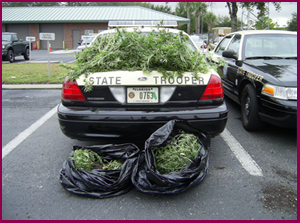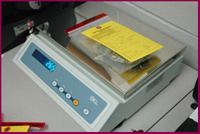Drug Trafficking
Drug Smuggling & Trafficking Defense Attorneys
 If you or a loved one is being investigated or if you have already been charged and arrested for drug trafficking, you are facing federal criminal charges that could put you behind bars for years. Any leniency offered in drug cases is generally limited to the end user or small neighborhood dealers. And even at the street level, any leniency offered is offered only to gain leverage to “give up” the distribution & “trafficking” network above. There is very little leniency in the system for most “trafficking” cases.
If you or a loved one is being investigated or if you have already been charged and arrested for drug trafficking, you are facing federal criminal charges that could put you behind bars for years. Any leniency offered in drug cases is generally limited to the end user or small neighborhood dealers. And even at the street level, any leniency offered is offered only to gain leverage to “give up” the distribution & “trafficking” network above. There is very little leniency in the system for most “trafficking” cases.
What is Drug Distribution?
Since so many charges are federal, here is what the DEA says: Drug distribution basically means that a person is selling, furnishing or delivering a controlled substance. Distributing controlled substances, including marijuana, is a Class B felony, which carries a maximum sentence of two to twenty years and a maximum fine of $10,000. Persons convicted of unlawfully selling a controlled substance on or within three miles of a school or university campus must serve an extra five years in prison without the possibility of probation. If a person over the age of 18 distributes a controlled substance to a person under the age of 18, the case must be treated as a Class A felony without the possibility of a suspended sentence or probation.
What is Drug Trafficking?
 The offense of Drug Trafficking refers primarily to the weight of the substances involved and not to the movement of the drugs either across state lines or from one person to another. In other words, possession of a controlled substance may become a trafficking charge if the drugs weigh enough. A trafficking charge is possible even if the drugs have never been moved or transported at all.
The offense of Drug Trafficking refers primarily to the weight of the substances involved and not to the movement of the drugs either across state lines or from one person to another. In other words, possession of a controlled substance may become a trafficking charge if the drugs weigh enough. A trafficking charge is possible even if the drugs have never been moved or transported at all.
Penalties for Drug Trafficking
Trafficking is a Class A felony, but the sentences for this offense differ from those ordinarily authorized for this range of felony. Depending on the substance and weight involved, a sentence for trafficking can range from three years in prison and $25,000 to a life sentence without the possibility of parole.
